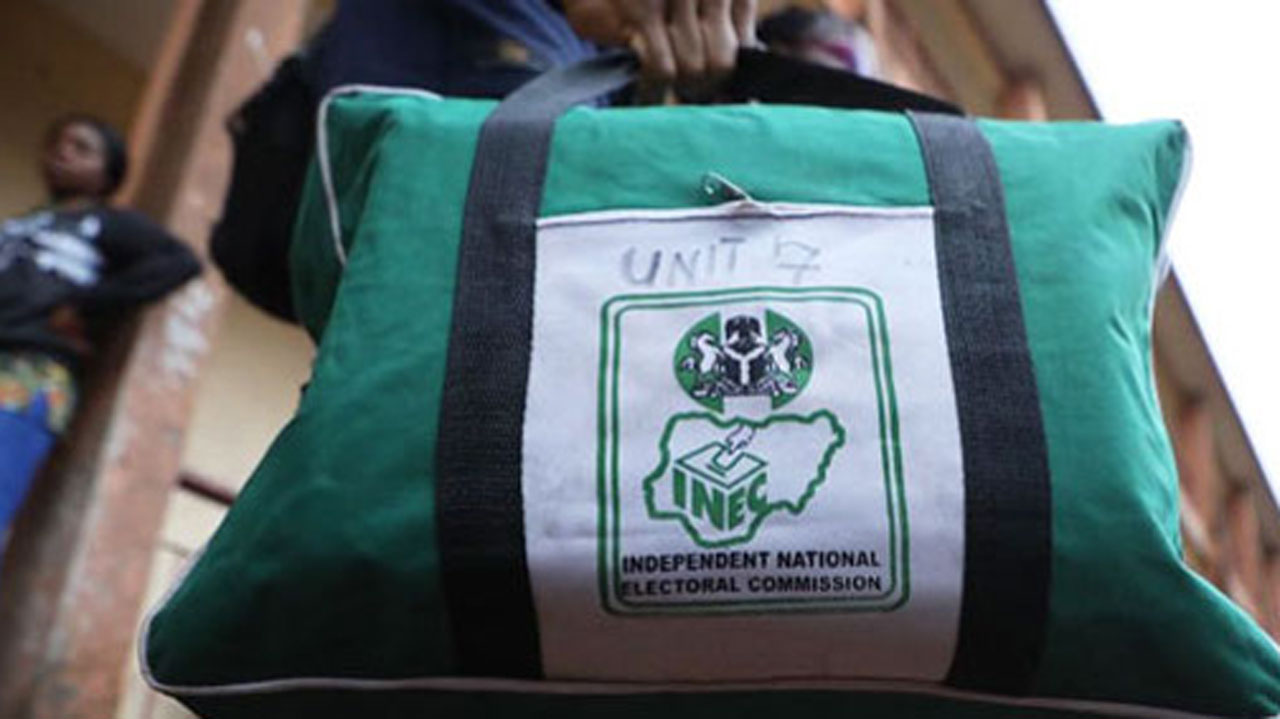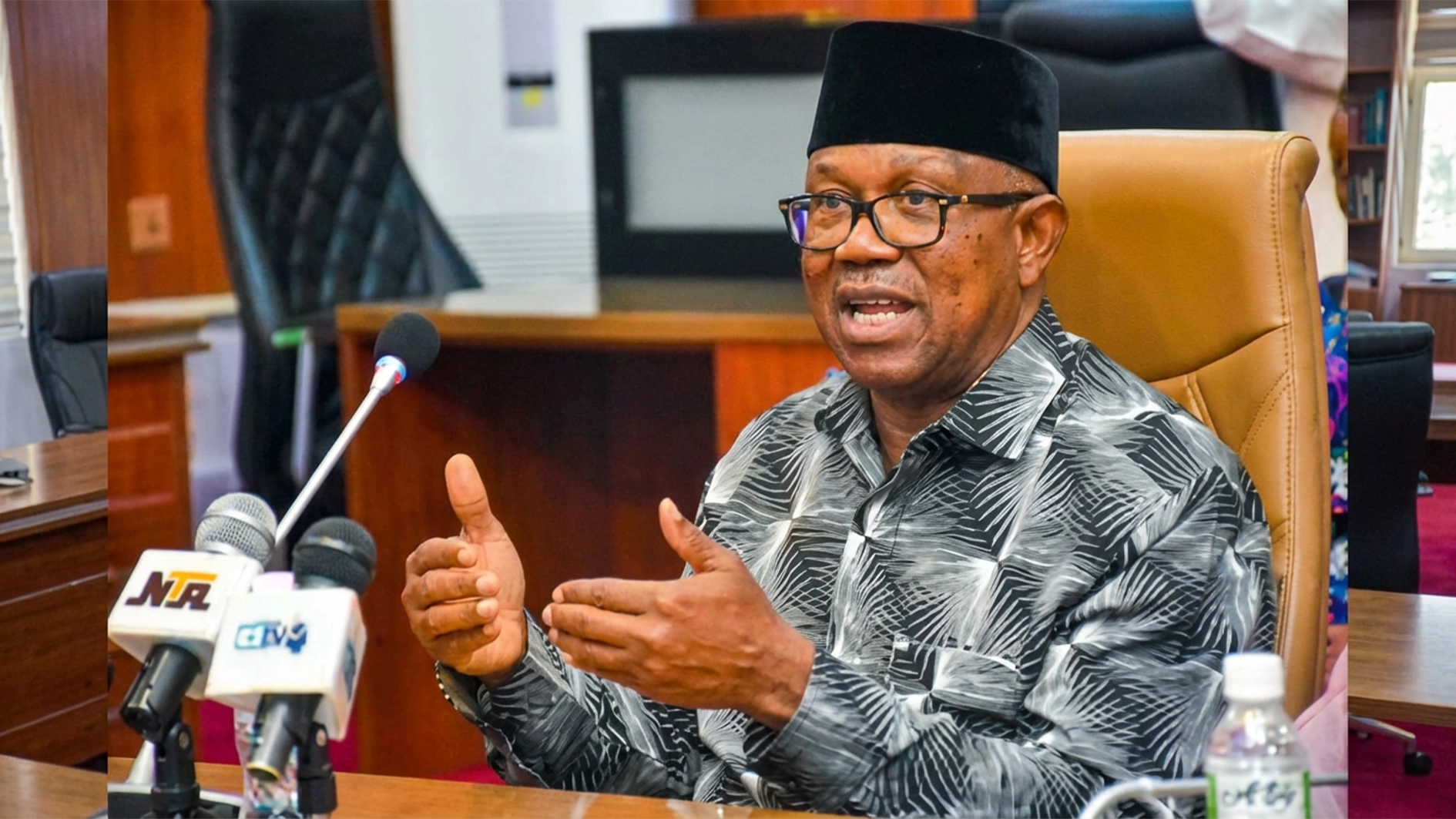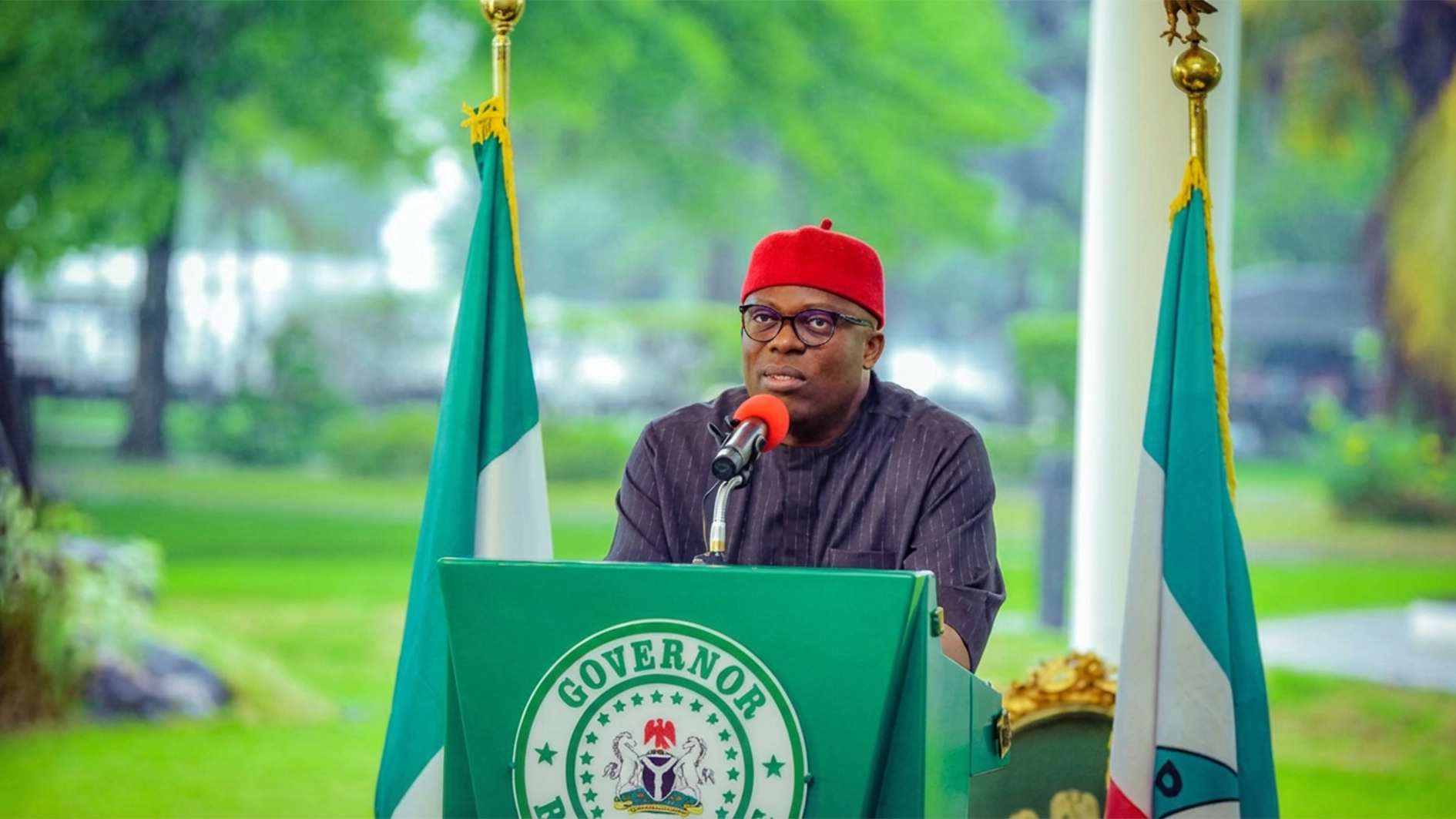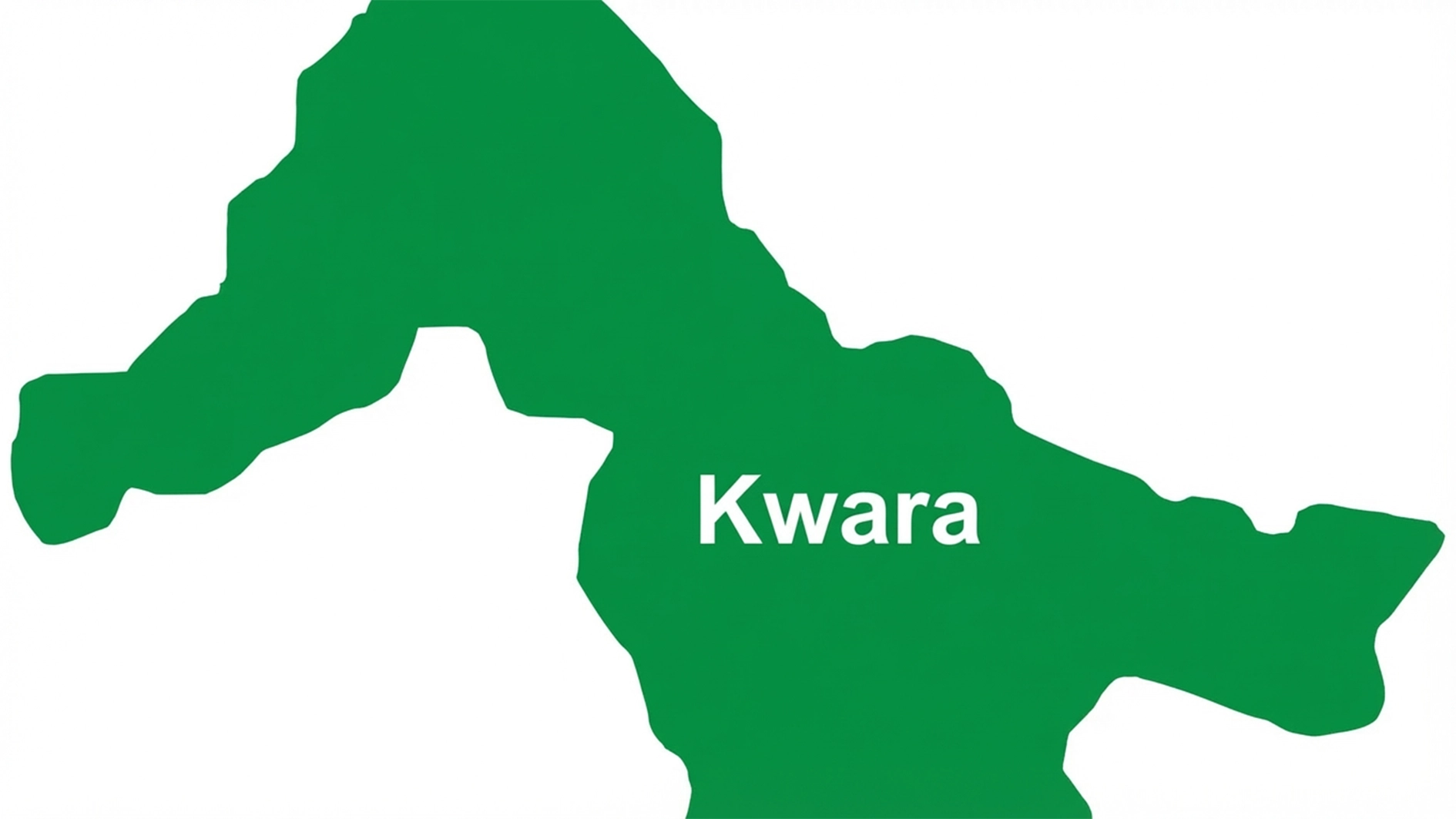
Chairman of the Independent National Electoral Commission (INEC), Prof Mahmood Yakubu, has called on the National Assembly to pass a bill creating National Electoral Offences Commission.
The establishment of the Commission, he said, will help in the prosecution of electoral offenders.
The INEC boss who made the call at the weekend during a strategic interactive meeting with line editors in Lagos, said while the electoral body will want the electoral offenders arrested by the police and prosecuted to serve as deterrent to others, the electoral body lacks the capacity to investigate and prosecute offenders.
He said since it is not within the purview of the INEC to arrest electoral offenders, it becomes difficult to investigate and prosecute them, noting that until the two chambers of the National Assembly pass the National Electoral Offences Commission Bill, there is nothing the INEC could do if certain issues were not resolved.
He said: “We have our constitutional responsibilities and we are not incapable of investigating and prosecuting offenders arrested by the police but the proposed Electoral Offenders Commission will effectively do that and I am aware that National Assembly is working on it.”
Prof Yakubu also emphasised the need to build a positive electoral culture in the country, saying that INEC “is not happy that most electoral offenders are let off the hook because it lacks the legislative backing to prosecute electoral offenders. According to him, until a Bill for an Act to establish the National Electoral Offences Commission becomes operational, INEC will not be able to expeditiously deal with electoral offenders.
He further disclosed that the Commission is putting everything in place to conduct the 2023 elections in 176, 846 polling units across the federation and expressed optimism that security in the country would have been improved to allow election to hold in all the 774 local councils in the country.
He said: “I believe security agencies are up to the task of providing security across the federation. We have done it before. We did it in Anambra. Edo is even more difficult because of insecurity. Like we did in Anambra and Edo, we are equally determined to do it now. We are working with security agencies under the auspices of the Inter-agency Consultative Committee on Election Security (ICCES) to ensure elections are conducted across the federation in 2023.”
Prof. Yakubu also disclosed that the stakeholders have agreed with the electoral body to keep some election materials with the Central Bank of Nigeria (CBN) but the Bimodal Voter Accreditation System (BVAS) will be in the custody of INEC.
INEC had in June stopped using CBN facilities to store sensitive materials following the alleged interest by the apex bank Governor, Dr Godwin Emefiele to contest for the presidential primary of the ruling All Progressives Congress (APC).
Yakubu said it was easy for INEC not to use CBN facilities for Ekiti and Osun elections because of the size of the materials, but the 2023 elections is a different ball game.
“Ekiti was under one million registered voters. Osun was two million; we could manage them. But when it comes to the general election, we don’t have the space for the storage of these materials. So what we did, typical of the way we have consistently operated as a commission, was to invite the stakeholders, ” he explained.
Yakubu said the commission presented four options to the stakeholders, which included political parties, civil society organisations and the media.
He said: “The first one is should INEC build stores in all our state offices to warehouse those materials? We do not have the money. Secondly, between now and the election, can we build all the stores? So, the first option was not an option.
“The second option is to rent warehouses to store these materials. In some places you will see we cannot have the warehouses. And in some places, the ownership of the warehouses will be an issue, because you cannot rent a warehouse from a politician and store sensitive election materials there.
“The third option was to use commercial banks at different locations to store the election materials and the issue of ownership and size of most banks became issue,” adding some of the commercial banks are owned by politicians. Secondly, if you go round, you will see that the sizes of the banks have been shrinking, because increasingly most of the transactions are taking place either online or through ATMs. Hardly do you find many people in the banking hall conducting transactions these days. So, how do you now use commercial banks?” He asked.
The INEC boss said they also considered hybrid option, between INEC and CBN, adding that there are now two categories of sensitive materials: the printed ones comprising the ballot papers and result sheets, and the BVAS.
Yakubu said: “The BVAS will be in the custody of INEC and no one else. It will not go anywhere. So, we are directly responsible for the BVAS, not anyone else.
“For reasons of storage and security, we are still left with the option of using the CBN, and we put it to the stakeholders, and they agreed that we should maintain our relationship with the CBN.”
He explained that while the INEC prints the ballot papers and result sheets, the CBN would store them.






